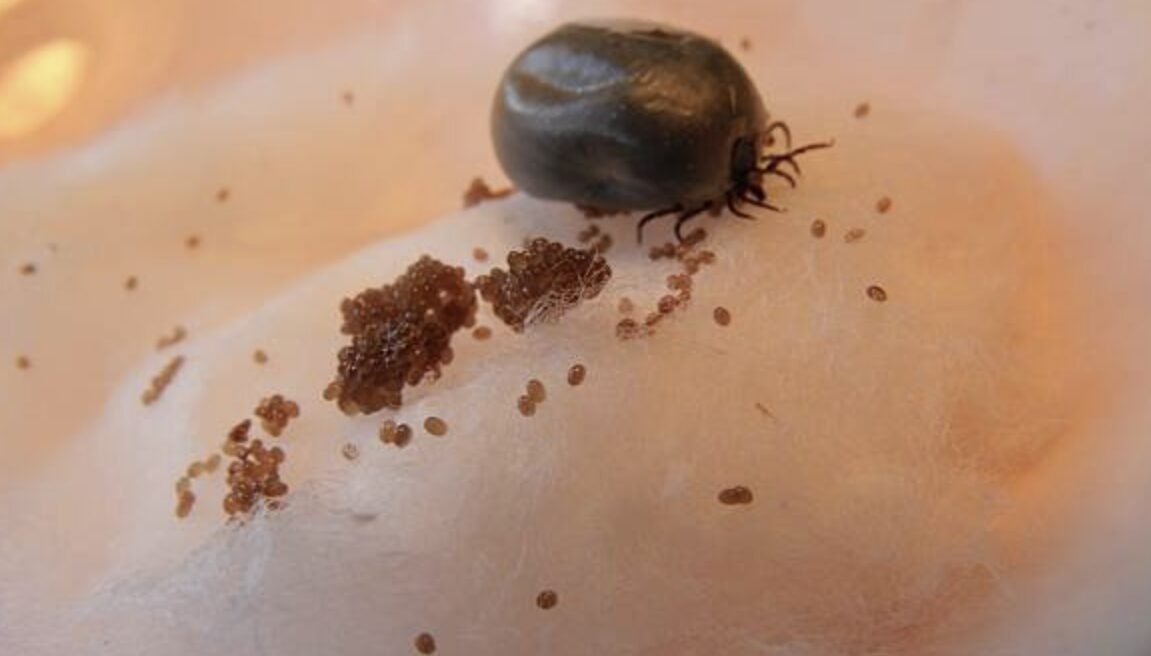My Encounter with Ticks
What do I hate more than ticks? Last summer, I had the unfortunate opportunity to get up close with a lot of them. My dog was a tick magnet, and the only way to remove them was by painstakingly pulling them off with tweezers. Thankfully, I wasn’t alone. My friend cheered me on—though, to be honest, she kept her distance. Ticks are disgusting, scary, and I never want to see them again. But then, I encountered tick eggs… and the horror deepened.
What Are Ticks?
Ticks are small, blood-sucking pests that spread diseases like Lyme disease and Rocky Mountain spotted fever. They’re the unwelcome invaders of the natural world, bringing risk to both pets and humans.
How to Remove a Tick
If you find a tick, stay calm. Use fine-tipped tweezers to grasp it as close to the skin as possible. Pull gently and steadily to remove it whole. Afterward, clean the bite area and your hands thoroughly. Do not crush the tick with your fingers. Dispose of it by placing it in alcohol or sealing it in a bag, or simply flush it down the toilet.
Professional Help is Recommended
For safety, it’s always better to consult a doctor for tick removal. They can ensure it’s properly and safely extracted.

The Horror of Tick Eggs
Tick eggs are tiny but noticeable, often reddish-brown, and laid in clusters. If you find them in your garden, act quickly! Each egg represents a potential future tick.
The Threat of Tick Eggs
One female tick can lay thousands of eggs, leading to an infestation. If left unchecked, it could result in a breeding ground for ticks—and the diseases they carry.
How to Handle Tick Eggs
When I found tick eggs in my garden, I took immediate action. I wore gloves and placed the eggs in a jar of rubbing alcohol to kill them instantly. Check the area for more eggs or ticks, then clean it thoroughly with a water-permethrin solution. Be cautious with permethrin, as it’s a pesticide and should be used per instructions.
Prevention Tips
To protect your space from ticks, consider these preventive steps:
- Keep your lawn mowed and bushes trimmed.
- Create a barrier between your lawn and wooded areas with wood chips or gravel.
- Use tick repellents on clothing and gear.
- Treat pets with vet-approved tick prevention products.
- Check your pets, yourself, and your family for ticks after outdoor activities.
Stay Vigilant
Finding tick eggs can be unsettling, but it doesn’t have to be the end. With swift action and prevention, you can protect your space and enjoy the outdoors without the worry. Let’s aim for a tick-free future—or at least be prepared to handle them when they appear!